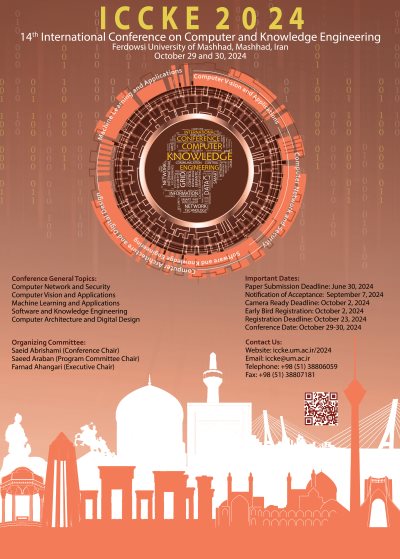0% Complete

Authors :
Keywords :
Abstract :
List of archived papers
Mohammad Hossein Hamzenejadi - Hadis Mohseni
Mohammad Dehghani - Mohammad Manthouri
Dorna Nourbakhsh Sabet - Mohammad Reza Zarifi - Javad Khoramdel - Yasamin Borhani - Esmaeil Najafi
Mahdi Farhadi - Seyede Mahya Hazavei - Shahriar Baradaran Shokouhi
Anita Ghandehari - Soheil Shirvani - Hadi Moradi
Mohammad Reza Kardoost - Mohammad Reza Moosavi - Reza Akbari
Ali Ganjbakhsh - Ahad Harati
Reza Latifi - Mahmoud Naghibzadeh
Fatemeh Mansouri Hanis - Hamidreza Khoshvaghti - Mehdi Teimouri - Hadi Veisi
Reza Behkam - Amir Lotfi - Gevork B. Gharehpetian



